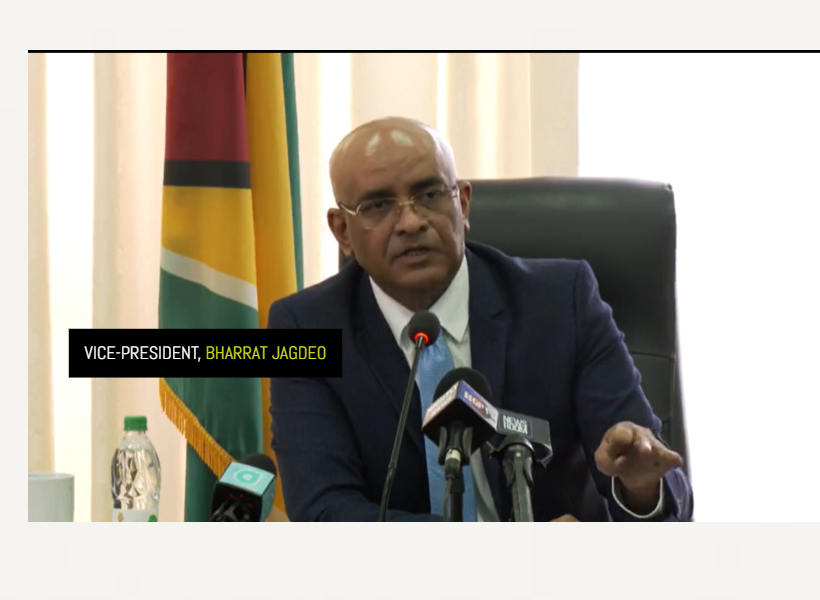Vice President Dr. Bharrat Jagdeo defended the government’s decision to implement a 6.5 percent salary increase for public servants today, noting that while Guyana has been tapping into its oil funds, there is a dire need for responsible spending that requires grounded economic analysis and future-oriented financial planning.
“The public servants are very important to managing a country. They work with the administration of many of our programs in Guyana,” Jagdeo stated, underlining the government’s obligation to Guyana’s 54,000 public servants.
He pointed out significant improvements in working conditions and increased competitiveness in public sector wages, especially at the lower levels, where the minimum wage now surpasses that of many private sector agencies.
“Any salary increase that is not grounded in an analysis of your economy… will be conjecture, and it will not be sustainable,” Jagdeo asserted, addressing the common demand for higher percentage increases. He explained the complexities of balancing the needs of public servants and the broader population, stressing the importance of reducing taxes for those outside the public sector.
Reflecting on past fiscal practices, Jagdeo criticized the previous administration’s substantial increase in tax collections without a corresponding economic boost. “We’ve seen this happen in many, many countries in the past,” he remarked. The Vice President outlined the current government’s efforts to reverse certain taxes, resulting in a significant annualized equivalent of $40 billion less in taxes, stimulating increased production.
To underscore the necessity of diversified economic growth, Jagdeo highlighted a remarkable nine percent growth in the non-oil sector. He cautioned against the pitfalls of relying solely on oil revenues, citing the experiences of other oil-producing nations.
In a comprehensive overview of the budget, the Vice President explained the annualized nature of salary increases and the growth in the overall wage bill over recent years. He emphasized various benefits, including increased spending on part-time workers, a bonus for joint services, and substantial investments in housing, roads, and electricity subsidies.
“The subsidy to the pensioners—where do you think you fund this? People don’t look at all of those; they talk 6.5% alone,” Jagdeo questioned.
Concluding by stressing the importance of future planning, he emphasized, “You have to plan for the future,” considering the longevity of oil and potential fluctuations in global demand and prices. The 6.5% salary increase, he argued, is part of a broader strategy to ensure sustainable and responsible financial management, benefiting all citizens.













